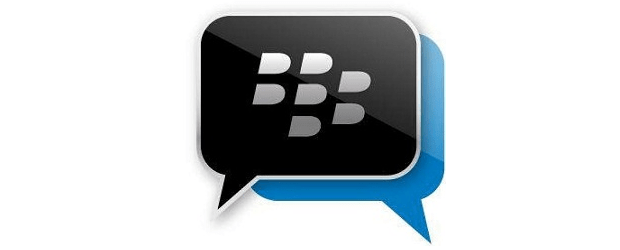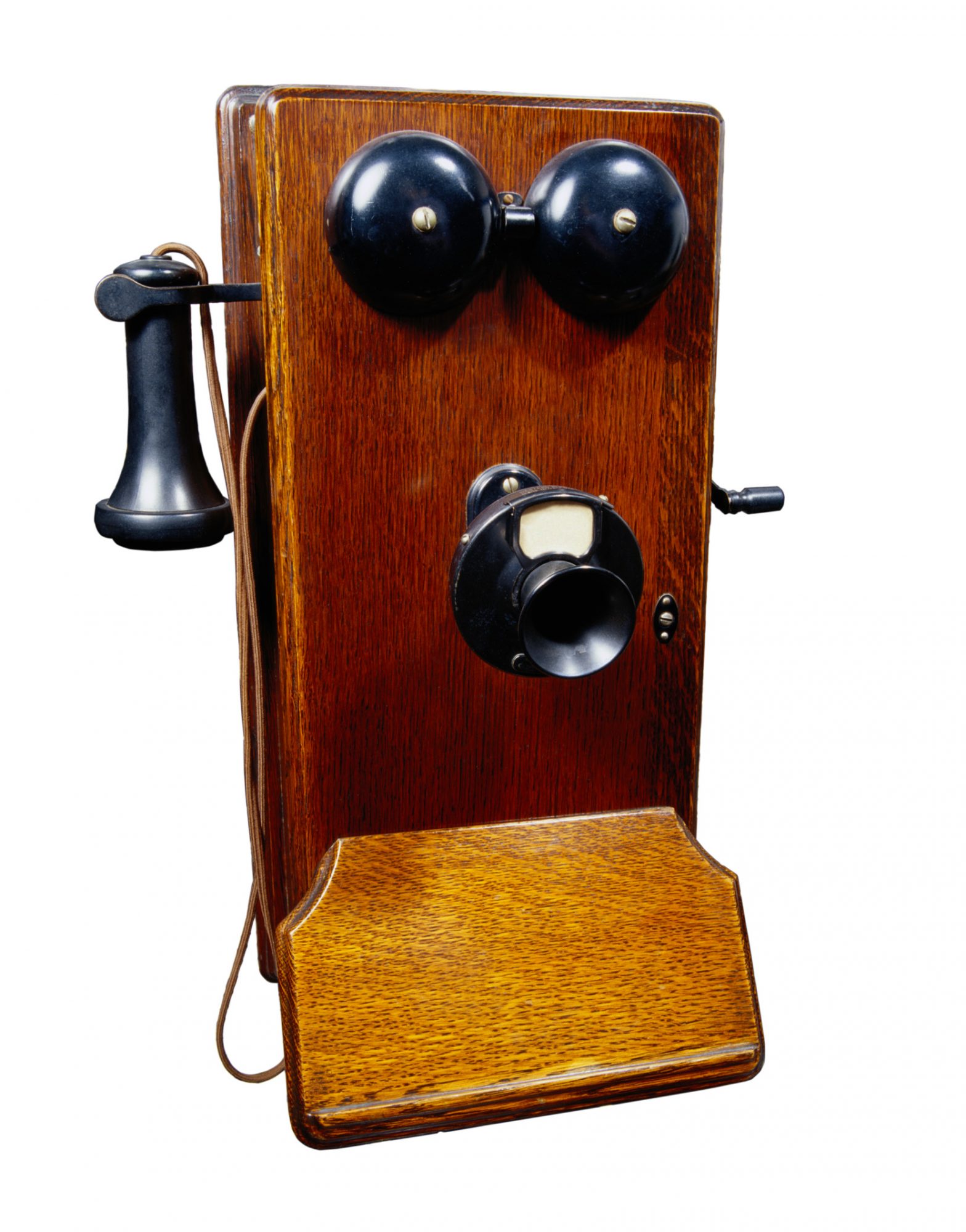SAN FRANCISCO –Enterprise users are warming up to Windows Phone, according to Microsoft Corp.
“Customers across different device form factors are very interested in the innovations we’re bringing with these two releases” that were announced Wednesday here at the annual Build conference for developers, Erwin Visser, general manager of Windows and Windows Phone for commercial users, said in an interview.
With upcoming enhancements to Windows 8.1 and the new Windows Phone 8.1, Microsoft officials see its mobile platform increasingly appealing to enterprises.
To get even more mobile device makers to back Microsoft’s mobile platforms, the company also announced that it will give away Windows carried on devices with screens smaller than 9 inches.
Until now Microsoft has always charged device makers a licence fee. Now it’s followed Google’s model of giving away the Android operating system.
Among the latest businesses switching to Windows Phone is a Spanish bank that is buying 30,000 handsets for its staff, British phone company BT is putting 5,000 into the hands of its employees, according to Visser. Some 400 large organizations have it in trials, he added.
Microsoft is also holding upcoming improvements aimed at businesses such as the WinPhone 8.1 update will support enterprise VPNs for more secure communications, support for S/MIME so users can read and write encrypted email, and the ability for administrators to blacklist apps to prevent them from running on mobile devices.
Microsoft also announced that Windows 8.1 for the desktop will also be updated to allow developers to write an application once and, with small tweaks, have it run across Windows tablets, Windows Phones and Xbox One consoles.
Windows Phone and its various predecessor versions have suffered from single digit sales compared to Android, Apple iOS and (until recently) BlackBerry devices.
BlackBerrys and iPhones are the choice of enterprises because IT administrators see them as being more secure than Android. WinPhone lags in their shadow.
But that has changed somewhat in the last year with new WinPhone handsets from the handset division of Nokia, which Microsoft is about to officially acquire. Sales of WinPhone smart phones are up – still in single digits, but, up nevertheless.
Visser said interest by organizations in WinPhone picked up in the last three months as they were told of the upcoming updates.
There’s nothing at this point organizations say is holding them back from purchases, he said. “At this moment we’re not getting that much feedback on things they need, it’s more for us to finish the product and get it into the hands of our customers.”
Security isn’t a problem, he said, because WinPhone supports secure boot, remote wipe and encryption.
Rob Sanfilippo, a vice-president of research at Directions on Microsoft who focuses on developer tools, said in an interview here the ability for developers to largely write once for all Windows platforms will help organizations develop line of business applications that can run on multiple Windows platforms.
The capability involves allowing Windows Runtime application libraries from the Windows 8.1 desktop largely be shared with WinPhone. WinPhone 8 uses the older Silverlake-based runtime framework, he said, which is can’t be shared.
Ken Dulaney, vice-president of mobile research at Gartner, said so-called “universal Windows apps” will be a “really big innovation. No one else provides that now.”
“What they (Microsoft ) need to do is complement it with enough training for IT developers who are not familiar with that to make sure they understand the subtleties of doing this.”
The upcoming changes for Windows Phone will also interest organizations, he agreed. The platform still some capabilities to match those of Samsung’s Knox security platform for Android – only avaialabe on certain high-end devices — but sales will grow, he said.
WinPhone’s biggest problem is the small number of applications in the Windows Store (250,000) compared to millions for Apple and Android, he said. “That’s going to dissuade a lot of users from looking at the device” if they have a choice, he said
But organizations looking for new devices to supply to staff will find WinPhones worth considering, he said.






